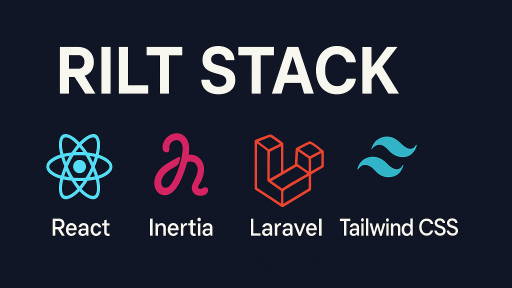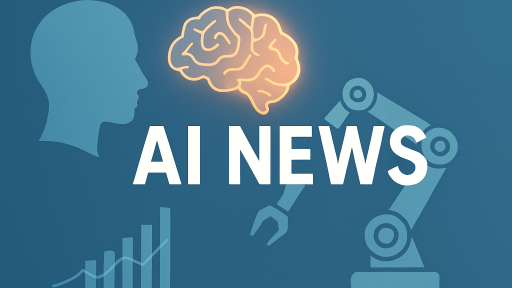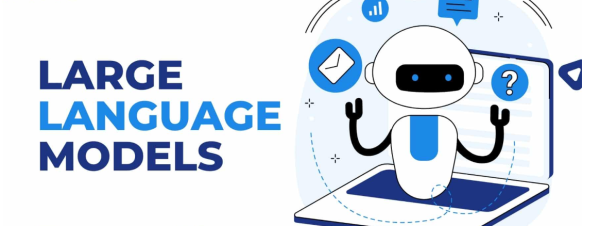AI Regulation in Switzerland and the EU
Developments and Implications for KMUs in 2025
Switzerland’s Sector-Specific Framework
In February 2025, the Swiss Federal Council adopted a sector-specific AI regulatory approach, choosing targeted measures over a comprehensive law. Switzerland will integrate the Council of Europe’s AI Convention into its legal system, focusing on state actors and prioritizing fundamental rights such as data protection, transparency, and non-discrimination. Legislative changes will address sectors like healthcare, finance, and transport, with a draft bill planned for late 2026. To complement these laws, non-binding measures, such as industry self-disclosure agreements, aim to promote ethical AI use while supporting Switzerland’s innovation ecosystem.
For KMUs, this framework provides flexibility, allowing innovation in areas like AI-driven customer service or analytics without immediate regulatory burdens. However, businesses must monitor sector-specific rules to ensure compliance, especially if operating across borders. The Federal Council’s approach seeks to maintain Switzerland’s status as a global AI hub while addressing societal risks, requiring KMUs to stay informed as regulations evolve.
EU’s AI Act: A Comprehensive Standard
The EU AI Act, effective since August 1, 2024, is the world’s first comprehensive AI regulation, employing a risk-based framework. It bans unacceptable-risk systems, such as social scoring, from February 2, 2025, imposes stringent requirements on high-risk systems (e.g., AI in recruitment, biometric identification) by August 2027, and lightly regulates low-risk systems like spam filters. Rules for general-purpose AI, including large language models, apply from August 2025. The EU AI Office oversees enforcement, and the AI Pact encourages companies to adopt compliance measures early.
Swiss KMUs targeting the EU market must adhere to the AI Act’s standards, which include risk assessments, transparency obligations, and data quality protocols for high-risk systems. Non-compliance risks fines of up to €35 million or 7% of annual global turnover, emphasizing the need for proactive preparation. The Act’s extraterritorial scope affects KMUs in software, MedTech, or data analytics, as compliance is mandatory for EU market access.
Implications for Swiss KMUs
Switzerland’s sector-specific approach contrasts with the EU’s comprehensive framework, creating a dual landscape for KMUs. Switzerland’s flexibility fosters innovation, enabling KMUs to deploy AI in web development or process automation with fewer initial constraints. However, those engaging with the EU market face stricter requirements, such as documenting AI system processes or ensuring non-discriminatory outcomes, particularly in high-risk applications like recruitment tools or financial analytics.
A 2024 Innovate Switzerland report predicts that 68% of Swiss KMUs will see productivity gains from AI by 2030, but regulatory compliance is critical to realizing these benefits. The EU AI Act’s requirements could increase operational costs, especially for KMUs lacking in-house expertise. Meanwhile, Switzerland’s forthcoming 2026 bill may introduce new data protection or transparency obligations, necessitating adaptability. KMUs must balance innovation with compliance to maintain competitiveness.
Kanton Aargau: Supporting Compliance
Kanton Aargau is equipping KMUs to navigate AI regulations through local initiatives. The Digital Hub Aargau offers workshops on Swiss and EU compliance, guiding businesses in aligning AI systems with data protection and transparency standards. The FHNW (University of Applied Sciences and Arts Northwestern Switzerland) conducts research on ethical AI, providing Aargau KMUs with resources to develop compliant solutions, such as secure data analytics or customer service tools. These efforts position Aargau as a hub for responsible AI adoption, helping KMUs integrate regulatory requirements into their operations.
Challenges and Opportunities
Compliance with the EU AI Act presents challenges, including costs for risk assessments, documentation, and system audits, which may strain smaller KMUs. Switzerland’s sector-specific approach risks regulatory fragmentation if not harmonized with international standards, potentially complicating cross-border operations. Legal uncertainties around emerging AI applications could further challenge KMUs.
However, opportunities exist. Switzerland’s light-touch regulation encourages KMUs to innovate in areas like AI-driven marketing or automation. Early compliance with the EU AI Act can enhance credibility and market access, particularly for KMUs in software or healthcare. By adopting robust compliance strategies, KMUs can build trust with customers and partners while leveraging AI’s potential.
Looking Ahead
In 2025, Switzerland and the EU are shaping AI’s future with complementary regulatory frameworks. Switzerland’s sector-specific approach, set to evolve with the 2026 bill, prioritizes innovation, while the EU AI Act establishes a global benchmark for safety and ethics. Swiss KMUs, supported by initiatives in Kanton Aargau, must navigate both to thrive in a regulated AI landscape.
Call to Action: Prepare your KMU for AI regulations. Partner with our team to assess your AI systems and ensure compliance with Swiss and EU standards, enabling innovation in 2025. Contact us to get started.
Sources: Swiss Federal Council, EU AI Act, Innovate Switzerland





